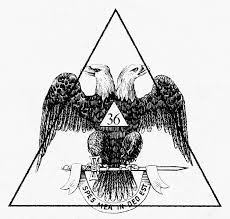The Role of Freemasons in Contemporary Society

Introduction
The Freemasons have a long and storied history, traditionally shrouded in secrecy and intrigue. Originating in the late 16th to early 17th century, they have played a significant role in the social and political fabric of many societies. In contemporary times, understanding the influence and contributions of Freemasonry is increasingly important as they continue to shape communities through charitable works and social networking.
Historical Context and Evolution
Freemasonry began as a guild for stonemasons and evolved into a fraternal organisation that promotes moral and ethical values. The movement spread rapidly across Europe and the Americas, with famous figures such as George Washington and Wolfgang Amadeus Mozart being associated with the fraternity. Over the years, the image of Freemasons has shifted, often surrounded by myths and conspiracy theories, yet the core principles of brotherhood and philanthropy remain intact.
Modern Day Freemasonry
In recent years, Freemasonry has faced challenges, with declining membership numbers and increasing scrutiny from the public. However, Freemasons have adapted by enhancing their community involvement and promoting transparency. Today, they are known for their extensive charitable contributions, which support a variety of causes, including education, health care, and disaster relief. They organise events and engage with the public, striving to clear misconceptions related to their activities.
Significance in Society
The continued presence of Freemasonry in modern society raises important conversations about values, ethics, and community service. Their emphasis on moral rectitude and support for charitable actions resonates with many individuals seeking purposeful engagement in society. Moreover, Freemasons often focus on personal development and interpersonal relationships, fostering a sense of community that is becoming increasingly vital in times of social disconnection.
Conclusion
The Freemasons remain a relevant and influential organisation within society, adapting to modern challenges while upholding their foundational principles. Understanding their role provides insight not only into a unique social fraternity but also into broader themes of community and ethical engagement in today’s world. As they continue to evolve, their ability to foster meaningful connections and contribute positively to society will likely ensure their longevity and importance for future generations.
